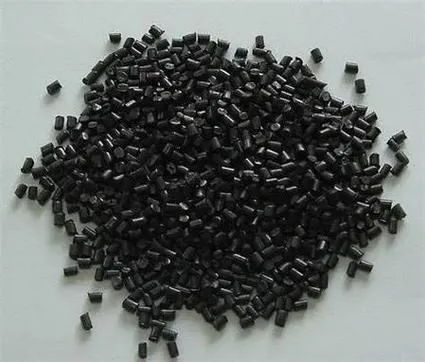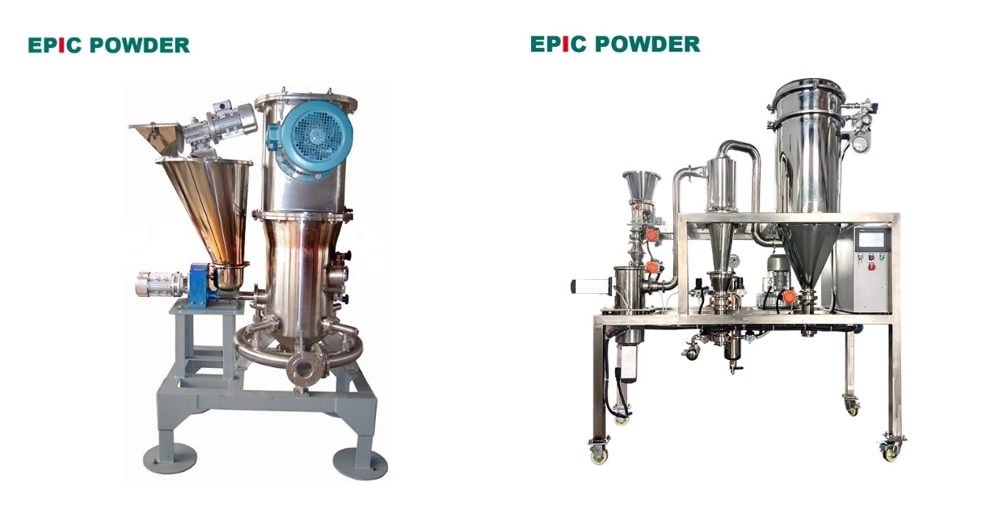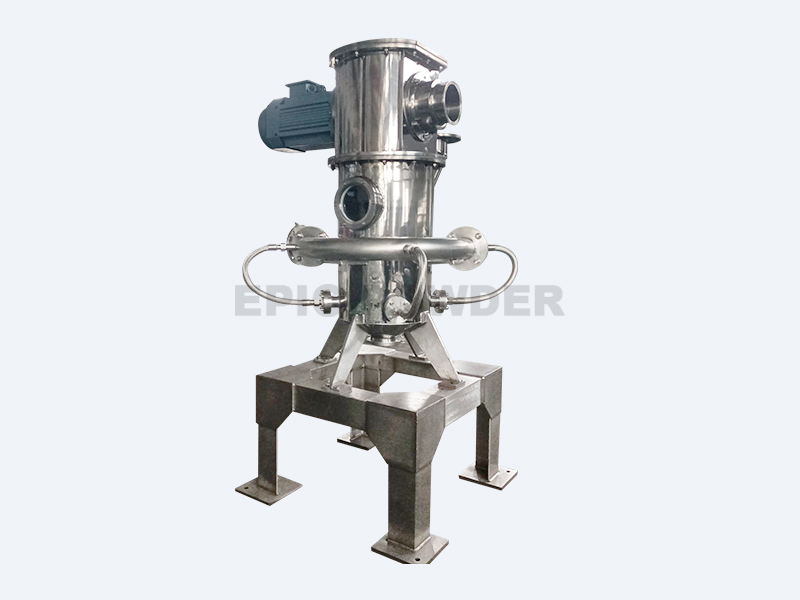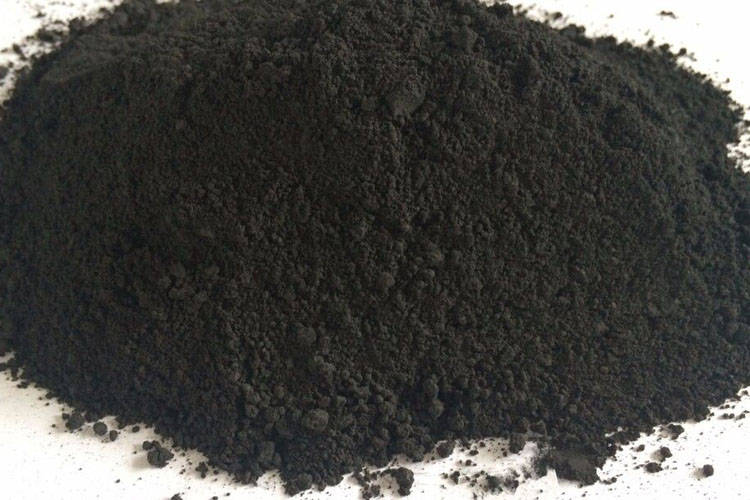The rapid growth of the new energy vehicle and energy storage industries has led to a soaring demand for lithium-ion batteries. This makes the recycling of spent batteries an increasingly critical concern. Within the multiple stages of lithium battery recycling, ultra-fine grinding equipment serves an indispensable function. By efficiently breaking down battery materials, this equipment enhances metal recovery rates and helps reduce environmental pollution. It makes the recycling process more effective and sustainable.

1. Working Principle of Ultra-Fine Grinding Equipment
The working principle of ultra-fine grinding equipment is centered on using mechanical forces or high-speed airflow impacts to break down materials into extremely fine particles, sometimes down to micron or even nanometer scales. In lithium battery recycling, this technology is primarily applied to process cathode and anode materials such as lithium cobalt oxide, lithium iron phosphate, and graphite, as well as other components like separators and aluminum-plastic films. Various ultra-fine grinding methods are employed, including mechanical impact grinding.

The high-speed blades or hammers strike the material to shatter it. Another kind is jet milling. It uses high-pressure airflows to accelerate particles into high-speed collisions for further refinement. As for ball milling, it involves the rolling and impact of grinding media like ceramic balls to pulverize materials. These techniques can reduce spent battery components to particles smaller than 10 microns, facilitating successive processes such as screening, magnetic separation, and chemical leaching, thus significantly improving the recovery rates of valuable metals like lithium, cobalt, and nickel.
2. Technical Advantages of Ultra-Fine Grinding Equipment
Compared to conventional crushing methods, ultra-fine grinding equipment brings several key advantages to lithium battery recycling. Its high efficiency ensures thorough decomposition of electrode materials, preventing metal particles from remaining trapped and thereby enhancing metal recovery rates. The equipment is designed with energy efficiency and environmental protection in mind, with some models incorporating cryogenic grinding technology to minimize thermal damage and reduce harmful gas emissions. Additionally, ultra-fine grinders demonstrate strong adaptability, capable of processing a wide range of lithium battery types including ternary lithium batteries and lithium iron phosphate batteries. Advanced systems often feature high levels of automation, equipped with intelligent controls that allow for continuous, large-scale production while maintaining consistent quality.

3. Applications of Ultra-Fine Grinding in Lithium Battery Recycling
In the typical lithium battery recycling process, ultra-fine grinding plays a crucial role during the physical separation stage. Initially, batteries undergo disassembly to safely remove hazardous elements such as casings and electrolytes. Following this, coarse crushing breaks down the battery cells to separate metal foils and electrode materials. It is at the subsequent ultra-fine grinding step that electrode materials are further refined. It enables complete separation of active materials from current collectors. This refined material can then be subjected to separation and purification processes. Screening, flotation, or hydrometallurgy to recover valuable metals are these processes. For instance, in recycling ternary lithium batteries, ultra-fine grinding effectively separates cathode materials such as NCM or NCA from aluminum foil. This allows for subsequent acid leaching procedures to extract metals. Cobalt, nickel, and manganese with recovery rates exceeding 95% can demonstrate the process’s efficiency.

4. Future Development Trends
As the lithium battery recycling industry moves toward refinement and sustainability, ultra-fine grinding technology continues to innovate. One key trend involves designing equipment that consumes less energy by optimizing structural elements and integrating advanced methods such as vortex grinding technology. Furthermore, there is a move toward creating integrated solutions that combine grinding, separation, and recovery processes into streamlined operations. As a core technology in lithium battery material recycling, ultra-fine grinding aligns well with the principles of a circular economy. This is due to its efficiency and reduced environmental footprint.
For companies aiming to optimize lithium battery recycling workflows, Epic Powder offers ultra-fine grinding solutions designed to maximize metal recovery. Epic Powder’s advanced equipment delivers precision, efficiency, and scalability, enabling businesses to tackle the challenges of sustainable resource management effectively. Partnering with Epic Powder means embracing innovation that drives green recycling toward a more sustainable future.